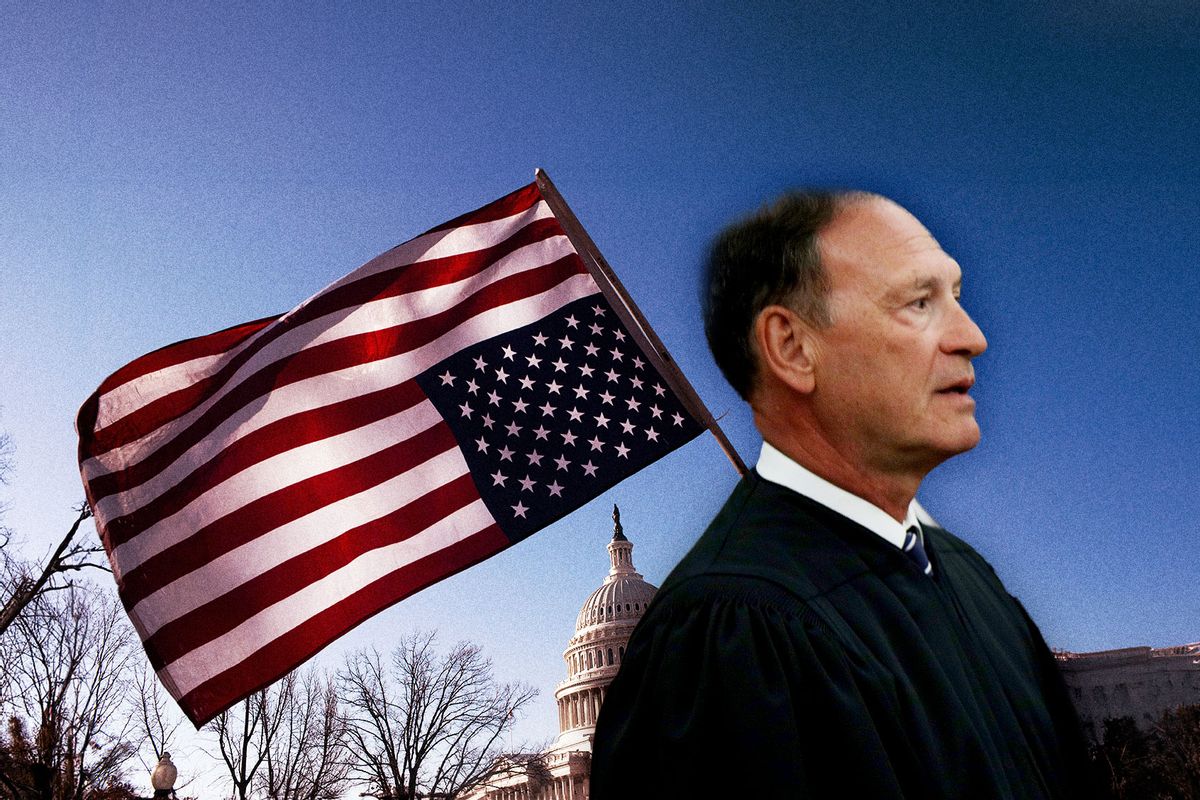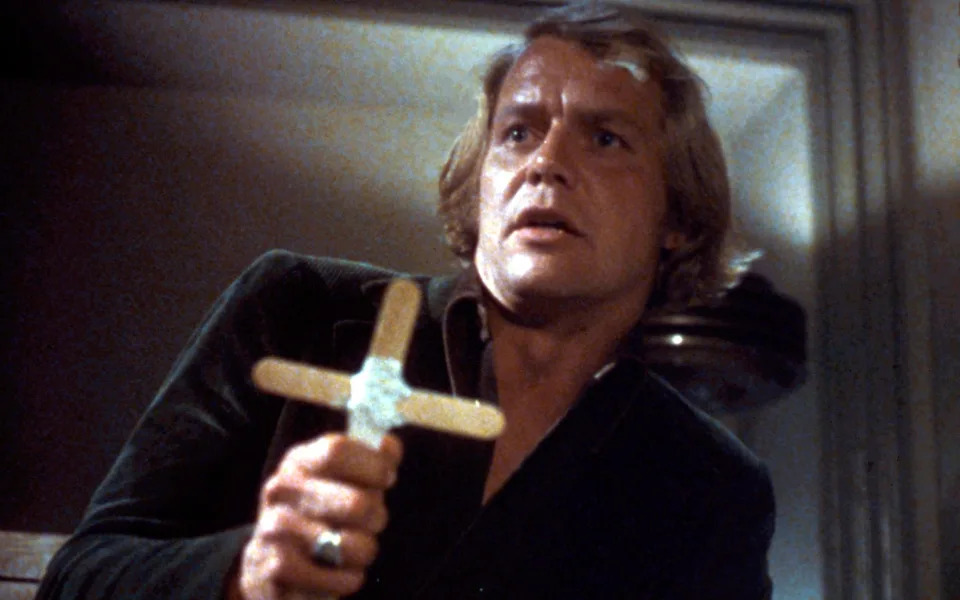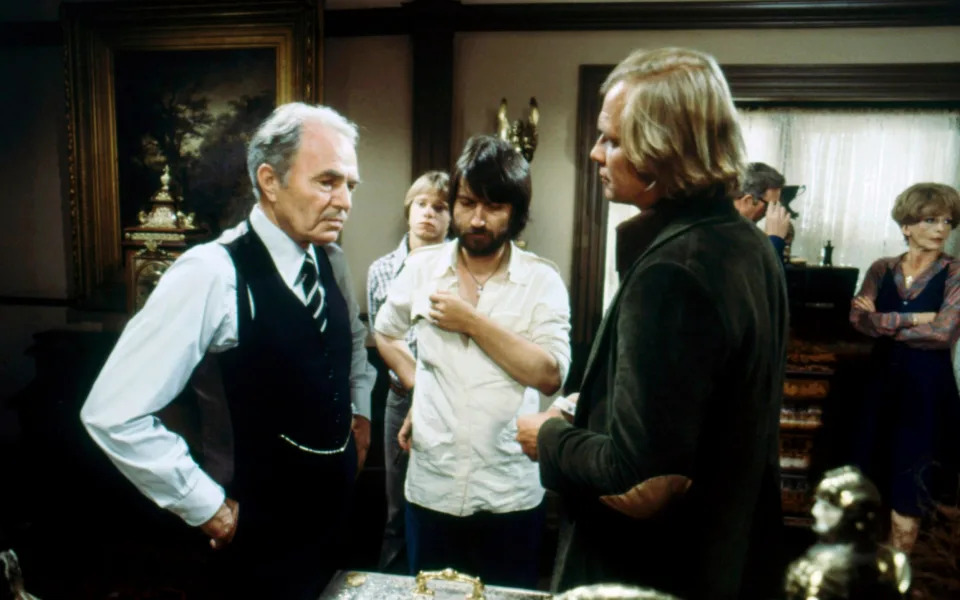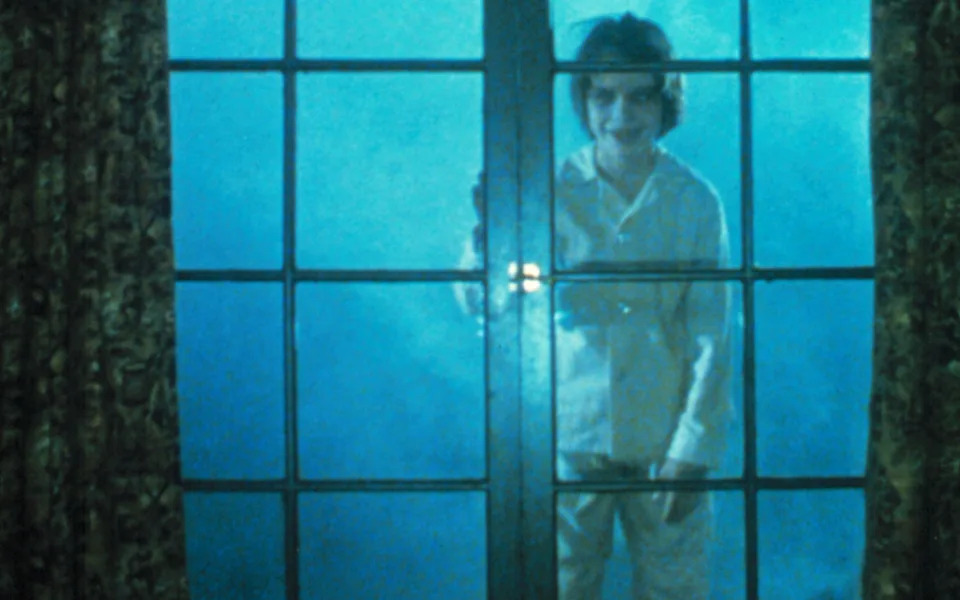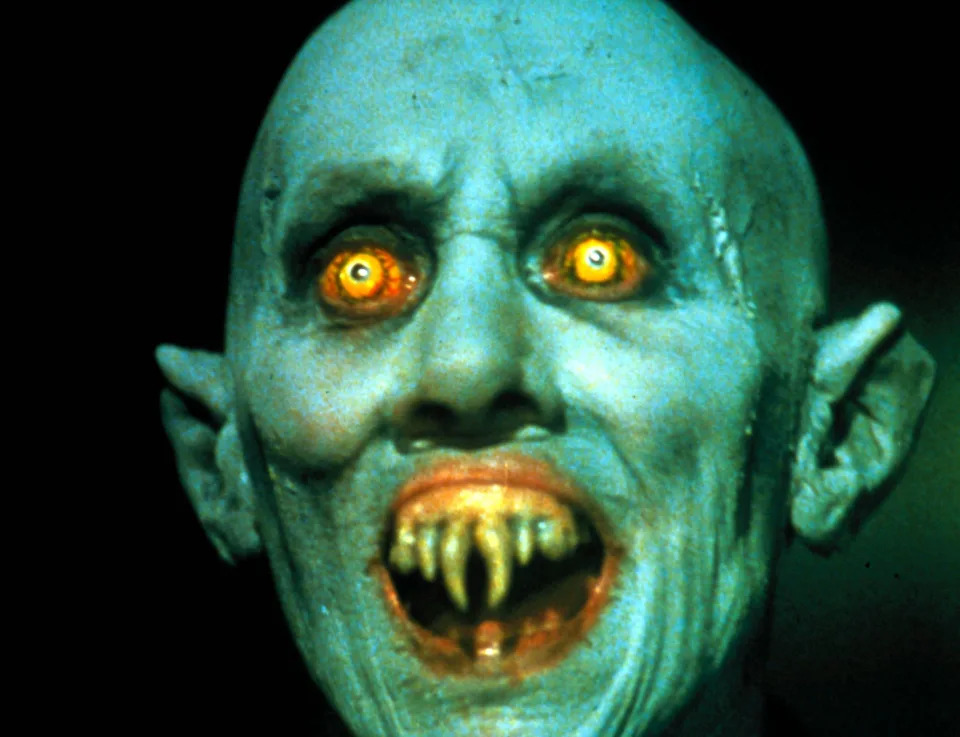Travis Gettys
September 12, 2025
ALTERNET

A legal analyst highlighted a comment by President Donald Trump that shows an alarming lack of respect for the criminal justice system.
The president who famously stalled his own criminal prosecutions until he was re-elected and got those cases dismissed demanded a speedy trial for a man accused of killing Charlie Kirk, but former U.S. attorney Joyce Vance wrote on her "Civil Discourse" Substack page that Trump's comments were problematic.
"Today, after Donald Trump announced it on Fox and Friends, law enforcement told the public it had apprehended a suspect who turned in after confessing to the murder of Charlie Kirk to his father, a former Sheriff’s Deputy and minister," Vance wrote. "Also on Fox and Friends, Trump weighed in on how criminal cases should proceed. He said prosecutions should move more quickly and that the United States should become more like China."
"We have to have quick trials," Trump said on “Fox & Friends.” “I call it quick trials because in China, they do have quick trials. You know, they don’t wait six years.”
The suspect, 22-year-old Tyler Robinson, is eligible for the death penalty, according to prosecutors, and Vance said that makes Trump's demand for a speedy trial even more troubling.
"Donald Trump has never read and clearly doesn’t care about the Constitution," she wrote. "This morning, he suggested that the slow pace of trials in the U.S. is leading to unsafe streets. What comes next? Declaring yet another emergency? Suspending due process?"
Criminal trials, as Trump should know, take time because defendants have the right to review and challenge evidence against them, and insanity defenses and competency issues become likely during death penalty cases, she said.
"Is Trump suggesting that the entire criminal justice system and our history and tradition of respecting the rights of criminal defendants, even those accused of the most heinous crimes, should be tossed out the window?" Vance wrote. "Apparently, if you’ve been convicted in the court of public opinion — or if the dictator thinks you’re guilty — constitutional rights are just an inconvenience."
September 11, 2025

FILE PHOTO: Founder and president of Turning Point USA Charlie Kirk speaks at the Conservative Political Action Conference (CPAC) at National Harbor in Oxon Hill, Maryland, U.S., February 28, 2019. REUTERS/Kevin Lamarque/File Photo/File Photo
A suburban Detroit judge shrugged off calls to resign following backlash over her social media post about the killing of Charlie Kirk.
On Wednesday evening, Jaimie Powell Horowitz, an Oak Park district court judge, posted a quote from Kirk just hours after he was slain, in which he said in 2023, "I think it’s worth it to have the cost of unfortunately some gun deaths every year..so we can have the Second Amendment to protect our other God given rights. It’s a prudent deal, a rational deal."
"Talk about dying for your beliefs," Powell Horowitz wrote in a Facebook post, according to The Detroit News.
Her post quickly drew criticism, including from Vance Patrick, chair of the county's Republican Party.
"Comments like the ones from Judge Horowitz are disgusting," Patrick said. "Any attempt to justify or lessen the severity of the assassination of Charlie Kirk is a clear indicator of the lack of character and moral fiber of that person. Judge Horowitz should resign immediately to help protect the integrity of our court system."
But Powell Horowitz said her post was factual — and rebuffed Patrick's call.
"The fact that Mr. Kirk — in his own words — had said these kinds of deaths are worth it to protect our Second Amendment rights, as if it's just something we’re willing to accept for gun rights, I think that’s a quote people should really think about," Powell Horowitz told the Detroit News. "I hope people will think about his quote, and whether or not gun deaths are worth it for Second Amendment rights. I certainly don't think his death or others' death is worth it."
The report comes as right-wing activists target people over what they see as insensitive or disrespectful social media comments regarding Kirk's slaying.
'Stephen King is a bitter man': Horror icon faces lawsuit threat over Charlie Kirk comment
David McAfee
September 12, 2025
RAW STORY

Author Stephen King at the Los Angeles premiere of The Manchurian Candidate (Featureflash / Shutterstock.com)
Horror icon Stephen King is being threatened with a lawsuit after a comment made about the late commentator Charlie Kirk.
Kirk was assassinated while doing a debate event at a Utah school, and authorities are still searching for the killer.
King first made headlines immediately after the Kirk shooting, when he said, "The motivation of the man who shot Charlie Kirk isn't clear (although he's probably mentally unstable--duh). What is clear is it was another example of American gun violence."
But King didn't stop there. He later doubled down with a post on his social media that said of Kirk, "He advocated stoning gays to death. Just sayin’."
That led to outrage from some in MAGA, including GOP lawmaker Mike Lee. He wrote on X, "Please share if you agree that the estate of Charlie Kirk should sue Stephen King for defamation over this heinously false accusation."
"He’s crossed a line It will prove costly," Lee then added.
Fox News host Laura Ingraham responded to that, saying only, "Stephen King is a sad, bitter man."
Conservative influencer Paul A. Szypula claimed that, "Stephen King is defaming the memory of Charlie Kirk."
"King wrongly claims Kirk advocated for violence towards gay people. The clip King is referring to actually shows Kirk illustrating how some people cherry-pick passages from the Bible. Shame on King. He should apologize," the influencer wrote.
In an unrelated post, King also targeted the killer of Kirk, writing simply, "Lee Harvey Oswald, James Earl Ray, and the murderer of Charlie Kirk: Cowards who shot from ambush."
Ted Cruz also weighed in, writing, "You are a horrible, evil, twisted liar. No, he did not. Your party—which you shamelessly shilled for—sent $100 billion to the Ayatollah… who does routinely murder homosexuals. Why are you so dishonest & filled with hate?"
Kirk did indeed once say that it was "God's perfect law" to have homosexual men stoned to death.
Travis Gettys
September 12, 2025
ALTERNET

Author Stephen King (Featureflash / Shutterstock.com)
Charlie Kirk's allies vowed vengeance against novelist Stephen King for summarizing the slain activist's political views, but social media users pointed out a flaw in their strategy.
The best-selling author reminded his X followers that Kirk, who was fatally shot Wednesday at a speaking event at Utah Valley University, held virulently anti-LGBTQ views, pointing out that "he advocated stoning gays to death. Just sayin’."
Kirk often spoke out against what he described as the “LGBTQ agenda" and described the Bible verse Leviticus 20:13, which calls for the execution of homosexuals, as “God’s perfect law when it comes to sexual matters," but the right-wing influencer's supporters, including Sen. Mike Lee (R-UT), demanded retribution.
"Please share if you agree that the estate of Charlie Kirk should sue Stephen King for defamation over this heinously false accusation," the senator posted on his person "Based Mike Lee" account. "He’s crossed a line. It will prove costly."
King ended up deleting the post in question, but legal experts and other social media users questioned the senator's call for accountability for criticizing the late Turning Point USA leader.
"Mike Lee allegedly went to law school and passed the bar," posted the popular Bluesky account "Kept Simple." "Aside from Stephen King's claim being true, a dead person's estate can't sue for defamation, on account of the fact that a dead person can't suffer an injury to their reputation, because they are dead."
"He pinned this tweet over there, too," said legal blogger Chris Geidner. "He’s so proud of his practiced stupidity."
"Mike Lee. Proof morons can pass the bar," agreed Bluesky user Common Sense Metalhead.
"Over on Xitter, the troll account of UT's senior senator has launched a campaign to encourage Charlie Kirk's estate to sue Stephen King for ... describing something Charlie Kirk actually said," added legal analyst Marcy Wheeler.
"Aside from having these two insurmountable defects, how is Kirk damaged by people thinking he's a capital punishment favoring bigot?" wondered Bluesky user J.D., who describes himself as a defamation lawyer. "Doesn't that cover a third of his material? Would anyone who liked Charlie Kirk think differently of him even were it false? Does Mike Lee ever think anything through?"
Sen. Ted Cruz (R-TX) accused King of lying about Kirk's stated views, as well, calling the author "a horrible, evil, twisted liar, and he also faced blowback.
"Kirk’s murder doesn’t change that he said this or the fact Ted Cruz is a lyin’ dick," said Jeff Timmer, a senior adviser to the Lincoln Project.
"Another Ted Cruz fail," added X user Darryl Livingstone. "Why don't you take another trip somewhere and maybe stay there permanently?"




